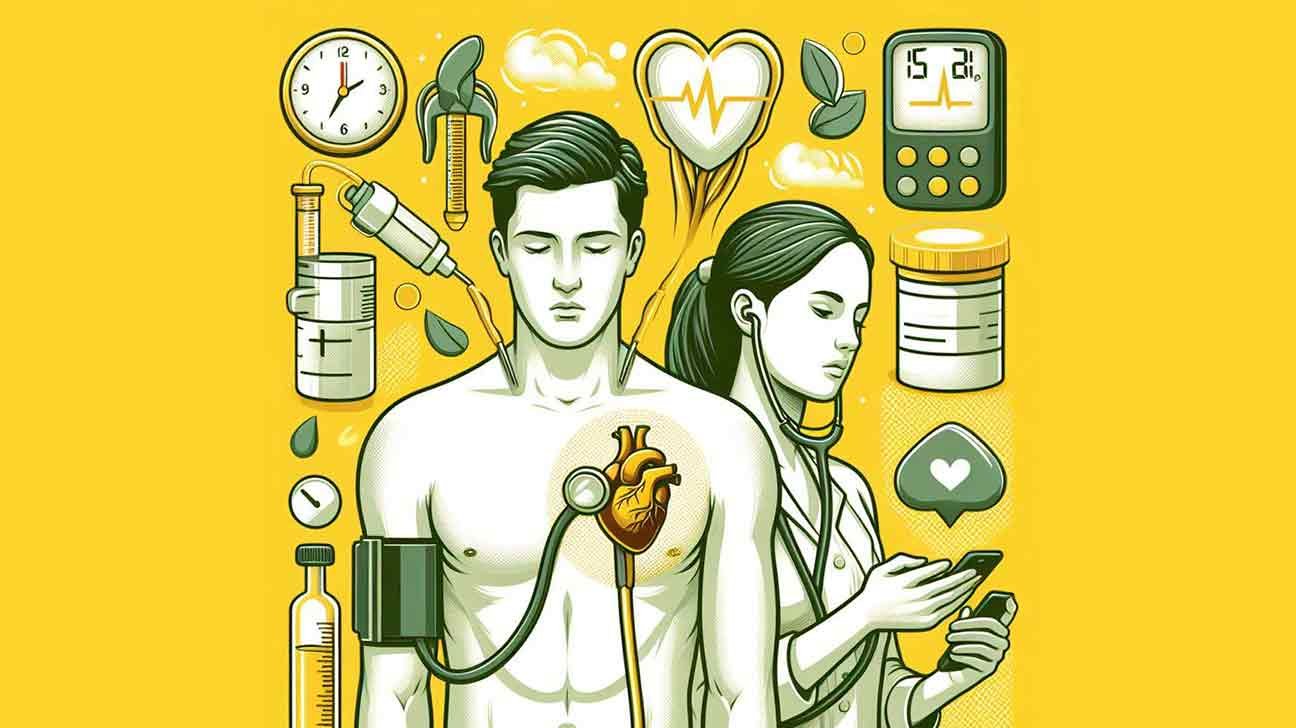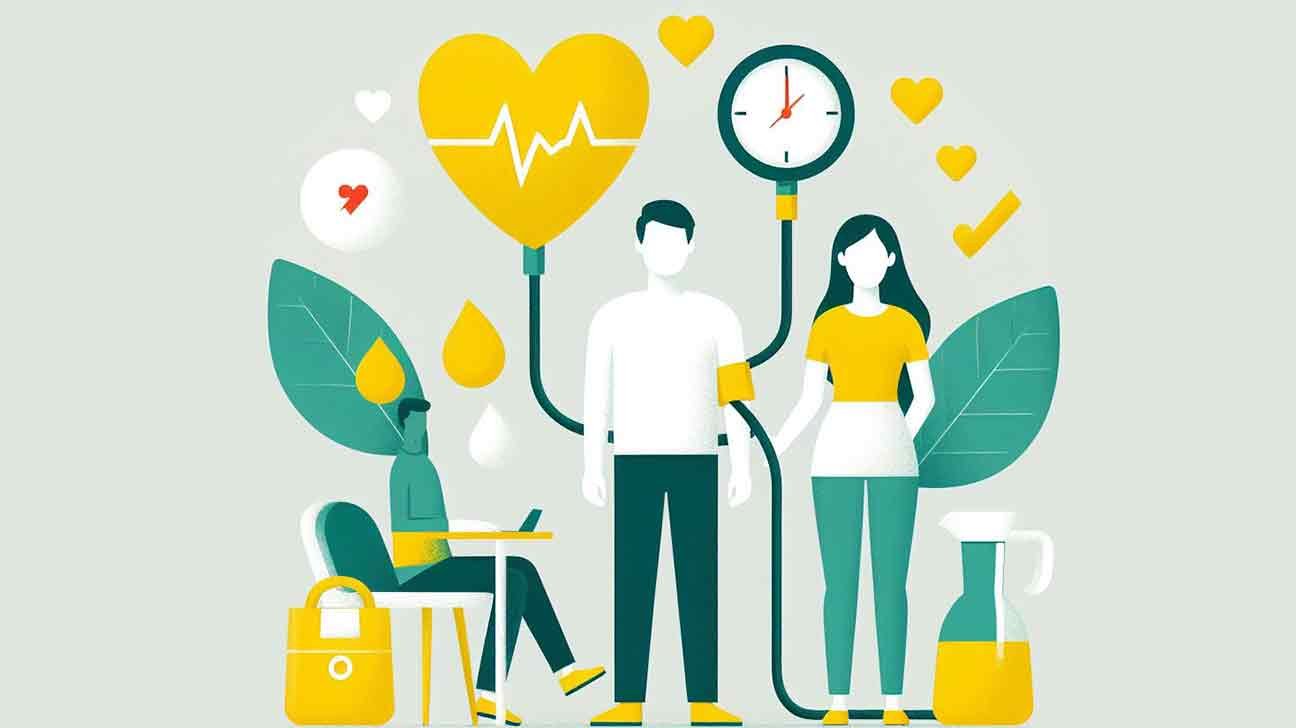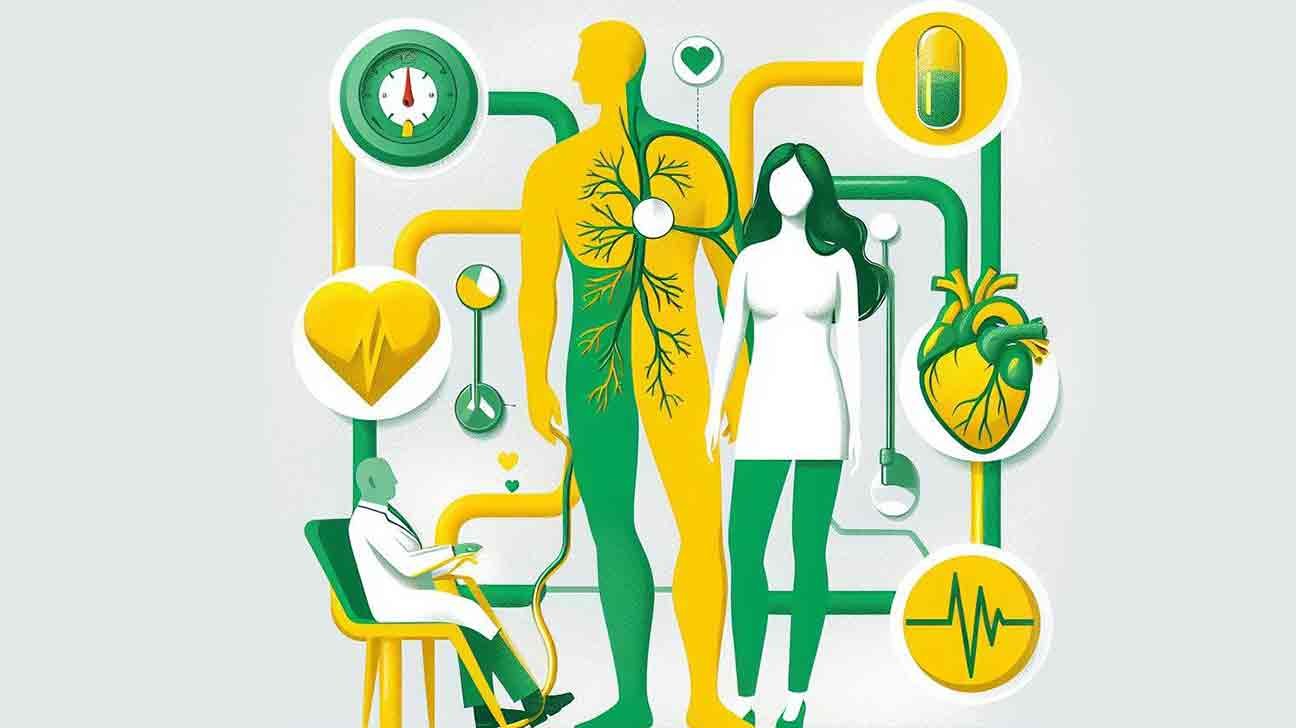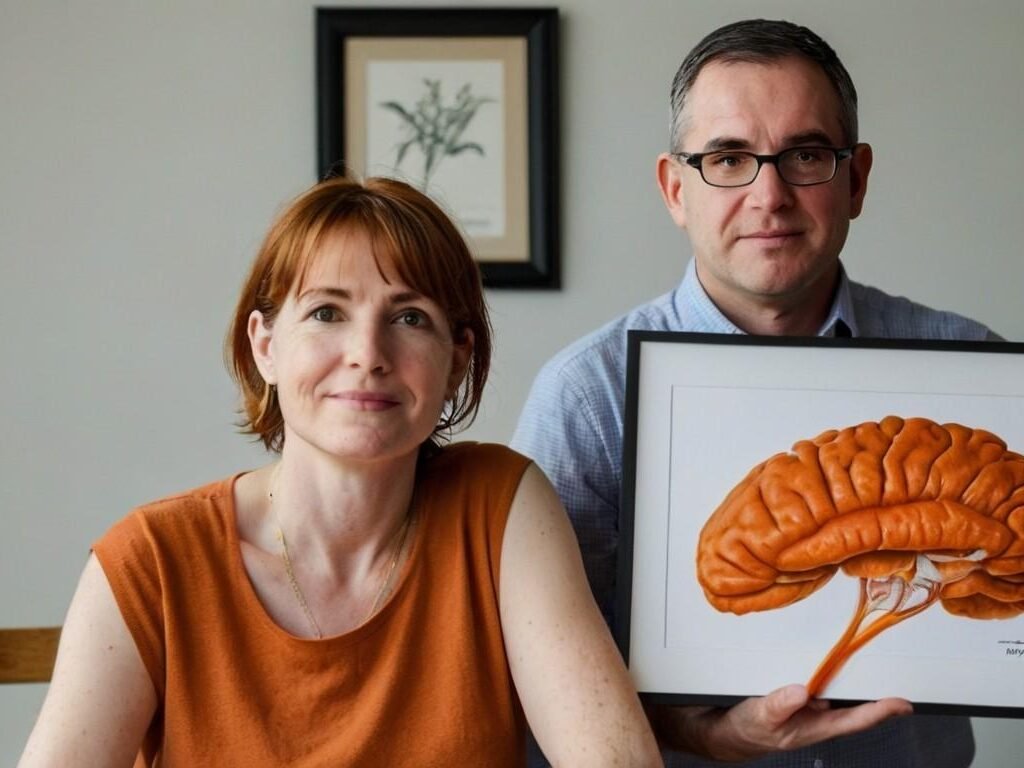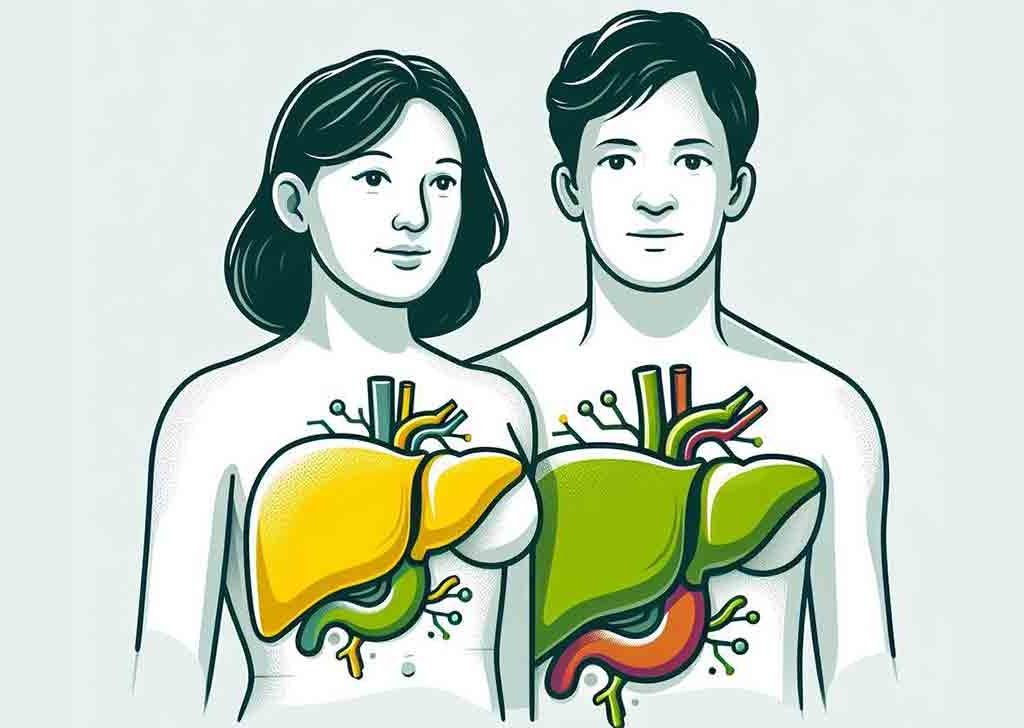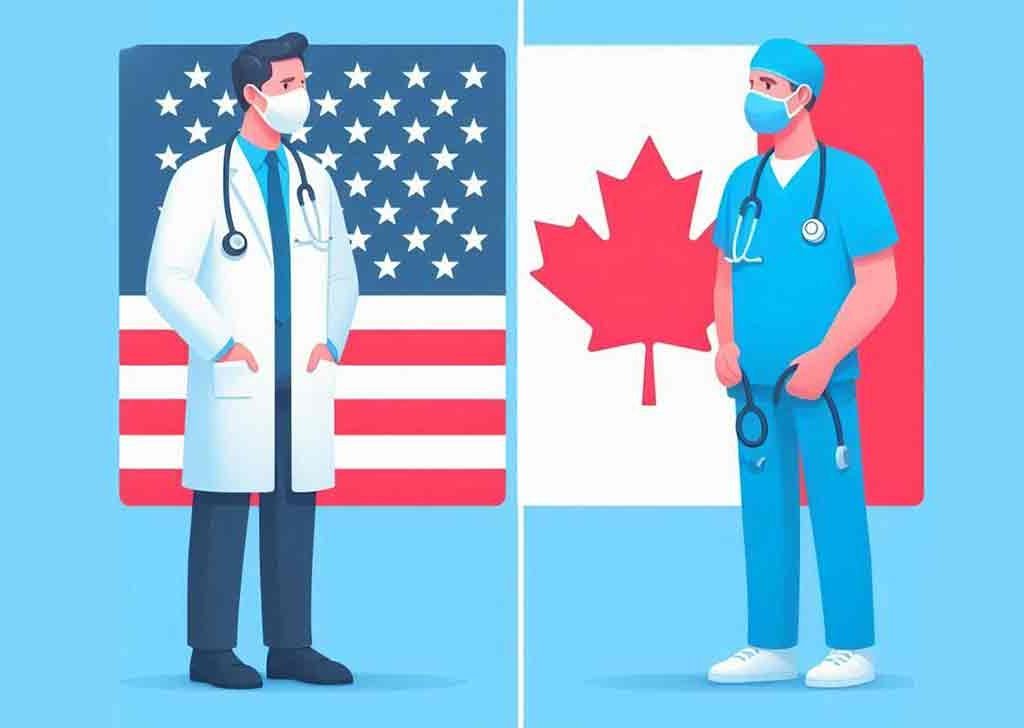Managing hypertension (high blood pressure) is crucial for maintaining cardiovascular health, and while medications can help, many people turn to natural remedies to complement their treatment plans. Here are six effective natural remedies for hypertension relief:
1. Exercise Regularly
Regular physical activity strengthens the heart and improves blood circulation, helping to reduce blood pressure.
- How it Helps: Aerobic exercises like walking, jogging, cycling, and swimming can lower systolic blood pressure by an average of 5-8 mmHg.
- Recommendation: Aim for at least 150 minutes of moderate-intensity exercise per week(NH Integrated Health Care)(Obesity Coverage).
2. Adopt a DASH Diet
The Dietary Approaches to Stop Hypertension (DASH) diet emphasizes fruits, vegetables, whole grains, and lean proteins while limiting sodium, sweets, and red meats.
- How it Helps: This diet is proven to reduce both systolic and diastolic blood pressure by providing essential nutrients like potassium, calcium, and magnesium, which help regulate blood pressure(DHMC and Clinics).
3. Increase Potassium-Rich Foods
Potassium helps balance sodium levels in the body and eases tension in blood vessel walls.
- Sources: Bananas, spinach, sweet potatoes, avocados, and beans are rich in potassium.
- How it Helps: Increasing potassium intake can lower blood pressure by counteracting the effects of sodium(NH Integrated Health Care).
4. Reduce Sodium Intake
Excess sodium intake is a significant contributor to high blood pressure. Limiting sodium in your diet is one of the most effective natural remedies for hypertension.
- Recommendation: Try to limit sodium to less than 2,300 mg per day, and ideally aim for 1,500 mg per day for most adults(NH Integrated Health Care)(Obesity Coverage).
5. Manage Stress
Chronic stress can contribute to elevated blood pressure levels. Implementing stress-reducing techniques like meditation, deep breathing, or yoga can have a calming effect on your blood pressure.
- How it Helps: Relaxation techniques can lower systolic blood pressure by up to 5 mmHg by reducing the production of stress hormones like cortisol(Obesity Coverage).
6. Herbal Supplements
Certain herbs and natural supplements may help manage hypertension.
- Examples:
- Garlic: Studies suggest that garlic can help lower blood pressure by improving nitric oxide levels, which help relax blood vessels.
- Hibiscus Tea: Drinking hibiscus tea may lower systolic blood pressure by promoting vasodilation.
- Caution: Always consult with a healthcare provider before starting any herbal supplements, as they may interact with medications(DHMC and Clinics).
Final Note
While these natural remedies can help manage hypertension, they should be used in conjunction with medical treatments and lifestyle changes. Regular check-ups with a healthcare provider are essential to monitor blood pressure and overall cardiovascular health.
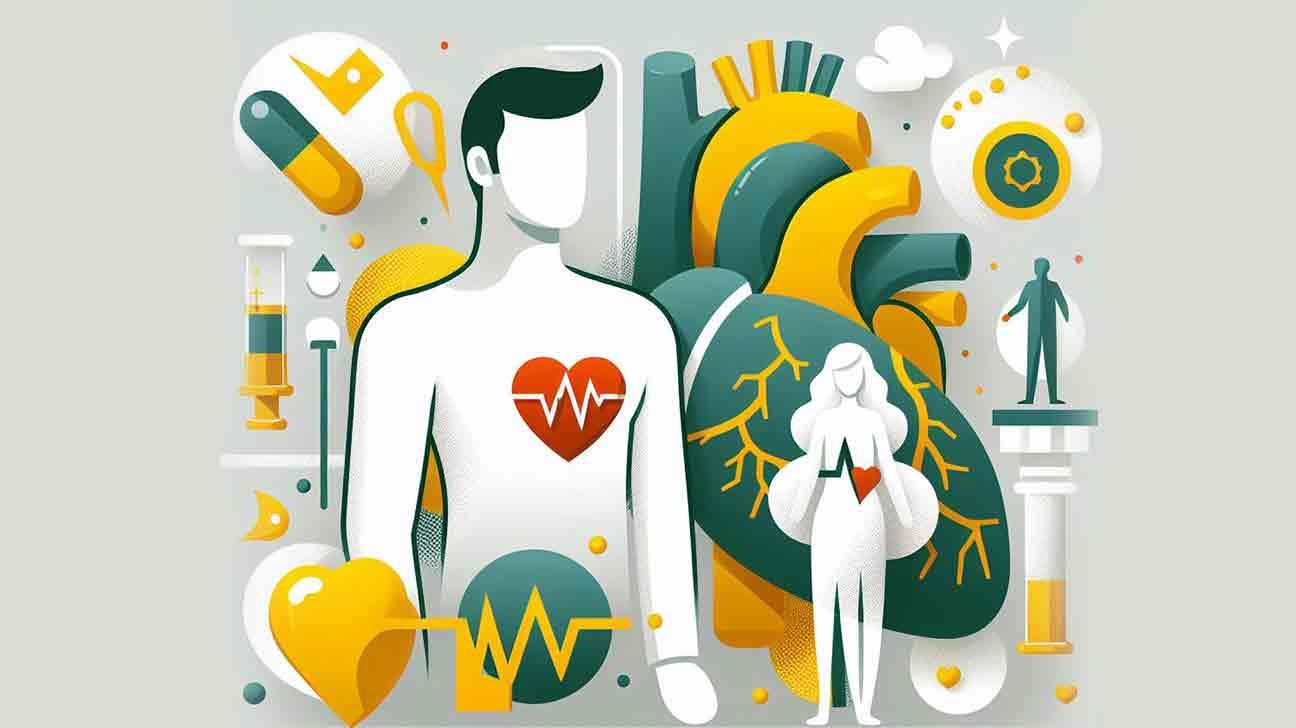
Hypertension, heart disease, and stroke are related through the damage caused by high blood pressure. The force of blood flowing through the arteries increases in hypertension, reducing blood flow to the heart and leading to heart disease.
Additionally, high blood pressure can damage the arteries that supply the brain, which can result in a stroke. These conditions are interconnected, as hypertension increases the risk of both heart disease and stroke by damaging the arteries and restricting blood flow.
Proper management of hypertension is important to reduce the risk of developing heart disease and stroke.
Explain How Hypertension, Heart Disease, and Stroke are Related
Understanding Hypertension
High blood pressure from hypertension damages arteries, leading to plaque buildup. This increases the risk of heart disease and stroke. The narrowed arteries can trigger a heart attack or stroke, showcasing the interconnection between hypertension, heart disease, and stroke.
Definition Of Hypertension
Hypertension, also known as high blood pressure, occurs when the force of blood against the artery walls is too high.
Causes Of Hypertension
The causes of hypertension can vary, including factors such as unhealthy lifestyle habits, genetics, and certain medical conditions.
Effects Of Hypertension On The Heart And Blood Vessels
Hypertension can put a strain on the heart, leading to conditions such as hypertensive heart disease and increasing the risk of heart attacks and strokes.
“` Hypertension: High blood pressure damages artery walls. Causes: Unhealthy habits, genetics can cause hypertension. Effects: Hypertension strains the heart, leading to heart diseases.
Understanding Heart Disease
Heart disease encompasses a range of conditions that affect the heart’s structure and function. Understanding the different types of heart disease, common risk factors, and the connection between hypertension and heart disease is crucial to maintaining heart health.
Types Of Heart Disease
- Coronary artery disease
- Heart failure
- Arrhythmias
- Valvular heart disease
Common Risk Factors
- High blood pressure
- High cholesterol
- Smoking
- Obesity
- Diabetes
Connection Between Hypertension And Heart Disease
Hypertension can lead to various forms of heart disease due to the increased pressure on the arteries. This elevated pressure can damage the arteries, making them more susceptible to the buildup of plaque, which can eventually lead to blockages causing heart attacks or strokes.
Understanding Stroke
High blood pressure damages arteries, leading to plaque build-up that can cause blockages. This strain can trigger heart disease by reducing blood flow to the heart. Similarly, reduced blood flow to the brain due to high blood pressure can result in a stroke.
Definition Of Stroke
A stroke is a medical emergency that occurs when the blood supply to the brain is interrupted or reduced. This can happen either due to a blockage in a blood vessel (ischemic stroke) or when a blood vessel bursts (hemorrhagic stroke). When the brain does not receive enough oxygen and nutrients, brain cells begin to die, and this can lead to permanent damage and disability.
Types Of Stroke
There are two main types of stroke: ischemic stroke and hemorrhagic stroke. 1. Ischemic Stroke: This is the most common type of stroke, accounting for about 87% of all cases. It occurs when a blood clot or plaque buildup blocks a blood vessel in the brain, cutting off the blood flow to that area. 2. Hemorrhagic Stroke: A hemorrhagic stroke happens when a blood vessel in the brain ruptures and causes bleeding into or around the brain. This can be caused by an aneurysm, arteriovenous malformation (AVM), or high blood pressure.
Link Between Hypertension And Stroke
There is a strong link between hypertension (high blood pressure) and stroke. Hypertension can cause damage to the arteries and make them more susceptible to the buildup of plaque. This plaque can eventually lead to a blockage or reduced blood flow, which increases the risk of a stroke. Hypertension can also weaken the blood vessels, making them more prone to rupture and causing a hemorrhagic stroke.
Risk Factors For Stroke
Several risk factors can increase the likelihood of experiencing a stroke. These include: – Hypertension: As mentioned earlier, high blood pressure is a major risk factor for stroke. – Smoking: Tobacco smoke can damage blood vessels and increase the risk of clot formation. – Diabetes: Elevated blood sugar levels can damage blood vessels and increase the risk of stroke. – High cholesterol: High levels of cholesterol contribute to the formation of plaque in the arteries. – Obesity: Being overweight or obese increases the risk of various health conditions, including stroke. – Sedentary lifestyle: Lack of physical activity can contribute to obesity and other risk factors for stroke. – Family history: If a close family member has had a stroke, the risk may be higher. – Age and gender: The risk of stroke increases with age, and men have a slightly higher risk than women. – Race and ethnicity: Certain racial and ethnic groups, such as African Americans, have a higher risk of stroke.
Hypertension, or high blood pressure, poses a risk for heart disease and stroke by damaging artery walls, leading to plaque build-up. This can cause blockages and reduced blood flow to the heart or brain, triggering heart attacks or strokes. The interconnection between these conditions emphasizes the importance of managing high blood pressure to prevent severe health complications.
How Hypertension Contributes To stroke
Hypertension, or high blood pressure, puts excessive force on the arterial walls, causing them to thicken and become stiffer. This chronic pressure can lead to damage in the heart’s blood vessels and result in a condition known as hypertensive heart disease. The excessive workload on the heart due to high blood pressure induces structural and functional changes in the myocardium, thereby increasing the risk of heart disease.
How Hypertension Increases Stroke Risk
When a person has hypertension, the elevated pressure in the arteries can cause damage to the artery walls, making them more prone to the buildup of plaque. This plaque accumulation can result in blockages or reduced blood flow. If such a blockage occurs near the brain, it can lead to a stroke. Therefore, hypertension significantly increases the risk of stroke due to its impact on the arteries supplying blood to the brain.
Other Factors That Influence The Relationship
Aside from high blood pressure, several other factors can influence the interrelationship between hypertension, heart disease, and stroke. These factors include lifestyle choices, such as diet, exercise, and smoking. Additionally, genetic predisposition and underlying health conditions also play a crucial role in exacerbating the risks associated with hypertension and its adverse effects on the cardiovascular system.
Prevention And Management Strategies
Understanding the interrelated nature of hypertension and stroke is crucial for developing effective prevention and management strategies. By addressing risk factors and adopting healthy lifestyle habits, individuals can significantly reduce the likelihood of developing these serious health conditions. Below, we explore essential prevention and management strategies for hypertension, heart disease, and stroke.
Lifestyle Modifications
By implementing lifestyle changes, individuals can effectively manage and prevent hypertension, heart disease, and stroke. Regular exercise, healthy eating habits, and stress management are key components of a healthy lifestyle that can significantly reduce the risk of these conditions. Incorporating physical activity into daily routines, consuming a balanced diet rich in fruits, vegetables, and whole grains, and finding effective ways to manage stress can all contribute to overall cardiovascular health.
Medications For Hypertension, Heart Disease, And Stroke
When lifestyle modifications are insufficient in managing these conditions, medications can play a crucial role in controlling high blood pressure, heart disease, and reducing the risk of stroke. Antihypertensive medications, cholesterol-lowering drugs, and antiplatelet agents are among the medications commonly prescribed to manage these conditions effectively.
Importance Of Regular Check-ups
Regular medical check-ups are essential for monitoring and managing hypertension, heart disease, and stroke. Health screenings can help identify any underlying risk factors, enabling healthcare providers to develop a personalized treatment plan. Routine check-ups also provide an opportunity to assess the effectiveness of current management strategies and make any necessary adjustments.
Role Of A Healthy Diet And Physical Activity
Maintaining a healthy diet and engaging in regular physical activity are fundamental to preventing and managing hypertension, heart disease, and stroke. A diet low in saturated fats and sodium, combined with regular exercise, can help maintain a healthy weight, regulate blood pressure, and reduce the risk of developing cardiovascular diseases.
Frequently Asked Questions On Explain How Hypertension, Heart Disease, And Stroke Are Related.
How Is Hypertension Heart Disease And Strokes Related?
Hypertension, or high blood pressure, is related to heart-disease and strokes. The high force of blood flowing through the arteries can damage them, leading to a buildup of plaque and restricted blood flow. If the blockage occurs near the heart, it can cause a heart attack, and if it occurs near the brain, it can cause a stroke.
Hypertension is a risk factor for stroke.
How Hypertension ,Heart Disease And Stroke Are All Related?
Hypertension, heart disease, and stroke are related due to high blood pressure damaging arteries. Plaque buildup can lead to blockages or reduced blood flow causing heart attacks or strokes.
How Is Hypertension Related To Heart Disease?
Hypertension can lead to stroke by causing high blood pressure that damages arteries. This restricts blood flow to the heart. Additionally, it can also damage arteries supplying the brain, increasing the risk of stroke.
How Are Hypertension And Stroke Related?
High blood pressure (hypertension) can cause damage to the arteries, reducing blood flow to the heart and brain. This can lead to heart disease and stroke. Plaque buildup in the arteries can also contribute to these conditions.
Conclusion
The relationship between hypertension, heart disease, and stroke is undeniable. Hypertension, or high blood pressure, puts strain on the heart and can lead to heart disease. Additionally, high blood pressure can damage the arteries supplying the brain, increasing the risk of a stroke.
The connection lies in the damage that hypertension causes to the arterial walls, making them more susceptible to plaque buildup and narrowing. Understanding this relationship is crucial for preventing and managing these serious health conditions.

